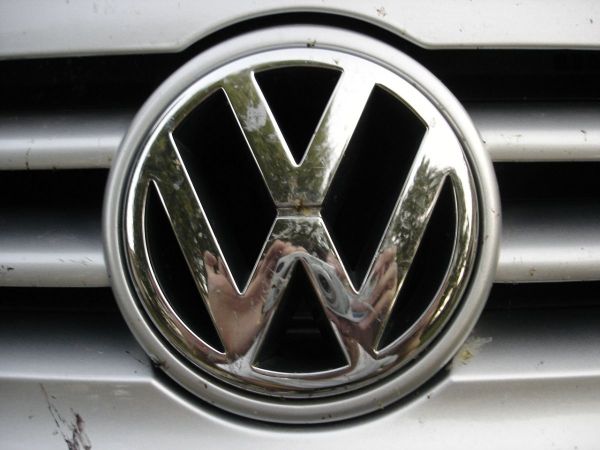-
Tips for becoming a good boxer - November 6, 2020
-
7 expert tips for making your hens night a memorable one - November 6, 2020
-
5 reasons to host your Christmas party on a cruise boat - November 6, 2020
-
What to do when you’re charged with a crime - November 6, 2020
-
Should you get one or multiple dogs? Here’s all you need to know - November 3, 2020
-
A Guide: How to Build Your Very Own Magic Mirror - February 14, 2019
-
Our Top Inspirational Baseball Stars - November 24, 2018
-
Five Tech Tools That Will Help You Turn Your Blog into a Business - November 24, 2018
-
How to Indulge on Vacation without Expanding Your Waist - November 9, 2018
-
5 Strategies for Businesses to Appeal to Today’s Increasingly Mobile-Crazed Customers - November 9, 2018
VW engineer pleads guilty in emissions scandal
Now almost a year out from the EPA’s allegations of emissions cheating by Volkswagen on its TDI I-4 engines, the multifaceted saga is nowhere near closed and has entered a new chapter with one of its high-ranking engineers pleading guilty to fraud in a US district court, Bloomberg reports.
Advertisement
James Robert Liang, 62, of Newbury Park, California, pleaded guilty in Detroit Friday to one count of conspiracy to defraud the government and agreed to cooperate with investigations in the US and Germany.
As part of the plea deal, Liang faces a mutually agreed-upon sentencing guideline that sets a maximum of five years in prison, according to court records.
Liang allegedly helped design the computer software that allowed certain Volkswagen and Audi vehicles with diesel engines to cheat on emissions tests.
Volkswagen has admitted to installing software on about 500,000 2-liter diesel engines in VW and Audi models in the USA that turned pollution controls on during government tests and turned them off while on the road. Regulators discovered the devices – which permit the cars to emit up to 40 times more nitrogen oxide than is allowed under federal law – previous year. Deputy Chief Benjamin D. Singer and Trial Attorney Alison L. Anderson of the Criminal Division’s Fraud Section, Trial Attorney Jennifer L. Blackwell of the Environment and Natural Resources Division, and Criminal Division Chief Mark Chutkow and Economic Crimes Unit Chief John K. Neal of the U.S. Attorney’s Office of the Eastern District of MI are prosecuting the case. Liang admitted that beginning in about 2006, he and his co-conspirators started to design a new “EA 189” diesel engine for sale in the United States.
“I know VW did not disclose the defeat device to U.S. regulators in order to sell the cars in the U.S.”, Liang said to the judge in open court Friday.
From the fall of 2006 through September 2015, “Liang and his co-conspirators, including current and former employees, and others, agreed to defraud the US and VW customers, and violate the Clean Air Act, by misleading the USA and VW customers about whether VW diesel motors complied with USA emissions standards”, prosecutors said in the indictment.
In Liang’s indictment, several incriminating emails were found that showed how careless the engineer had been regarding the emissions test-evading cheats.
In a statement and court documents released today, the Justice Department provided the most detailed narrative to date about the origins of VW’s diesel emissions violations, including excerpts of revealing emails sent among VW engineers amid scrutiny from regulators before the diesel cheating became public last fall.
In 2013, Liang and others exchanged messages in German about software that recognized when the engine was revving but the steering wheel was not moving, an indication that the auto was undergoing a test.
In fact, the update altered the cheat software to use the angle of the steering wheel to more easily detect when it was undergoing official testing, “thereby improving the defeat device’s precision” as a way to reduce stress on the emissions control systems, according to the indictment. In one email exchange, dated September 2013, an employee told Liang about preparing one of the vehicles for a test, saying in German, “If this goes through without problems, the function is probably truly watertight!”
Advertisement
The scheme began to unravel in 2014 when a nonprofit group discovered that the cars polluted too much in real-world driving conditions. But prosecutors say that Liang and his VW colleagues still conspired to hide the existence of the defeat devices.




























